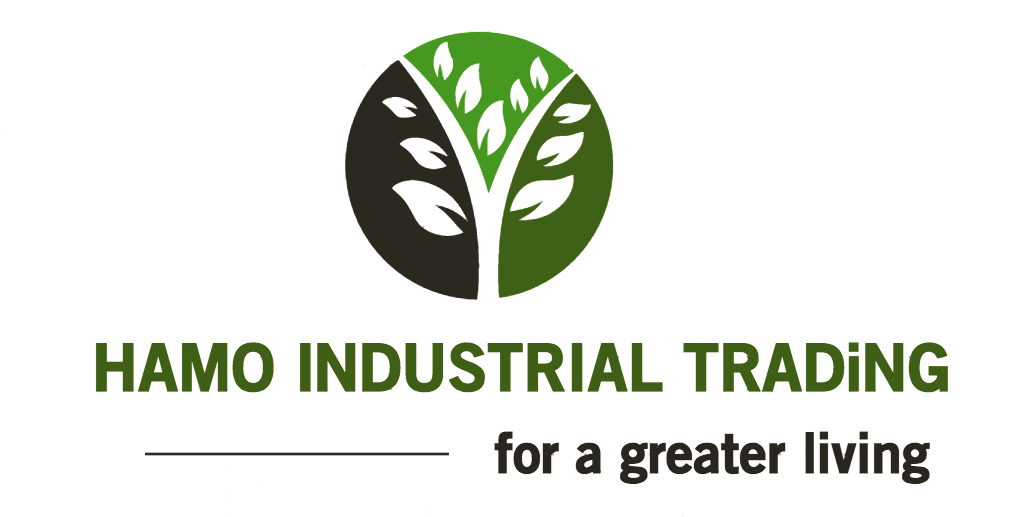CountryFile, Food Chain and This Farming Life are just some of the programs on television that have graced our everyday lives this year providing an insight into the British food and agricultural sector from farm to fork. Consumers are apparently increasingly hungry for knowledge of what goes on in the food and farming industry and this was reflected through TV and radio nationwide.

After a very long week following the UK voting to leave the EU, you have to wonder amidst political upheaval and uncertainty what will happen to the priorities that the UK have started to develop for British food and farming, even via the simple yet effective broadcasting of programmes on TV and radio. What are they? Who will maintain them? Is there any way that agriculture can be sustainably supported during this tumultuous milestone in British politics? By who? What could be done? By when? How?
Guy Smith on Farming Today the morning of the 24th June commented that for the first time in 43 years we will have a BAP – a British Agricultural Policy. This may not be the time to look into the two camps of whether or not Brexit is a good thing, but it is worth stepping back and considering the priorities of British farming in the years of potential uncertainty to come.
During the period of referendum campaigning I was invited to attend a Westminster Food and Nutrition Forum seminar entitled ‘Implementing the 25-year food and farming plan – priorities for the UK food, drink and farming industry’. Attracting a diverse audience of representatives from the food and agricultural sector, the strong turnout was a testament to the eagerness of the sector to find innovative and sustainable solutions to the current and future challenges facing British food and farming.
MP Angela Smith chaired an energised discussion on DEFRA’s 25 year food and farming plan between panellists and the audience looking at the ways the plan seeks to sustain the food and agricultural sector, improve self-sufficiency, and boost the support of British farming and produce in conjunction with environmental stewardship.
The priorities discussed were clear – in order to ensure a sustainable, self-sufficient and supportive British food system, everyone in the food and agricultural sector must work together to prioritise British farming. A whole-supply chain approach, knowledge exchange, educating future farmers and providing ongoing support of our current farmers were at the top of the ways in which we can do this, and they are certainly subjects very close to Bayer’s heart. It has also become clear following this discussion and the outcome of the referendum that it’s not just those directly involved in the food and farming industries that need to collaborate together to prioritise British food in the next 25 years. As an industry, we must reach out to the general public; have a voice in public discussion on things that concern us whether that is the latest regulatory and policy decisions, digital farming or sustainable agriculture whether you’re a farmer, a policy maker, an educator or trials agronomist.
So what are your priorities for the future of food and farming in Britain? How will you make your priorities known? Are you willing to communicate them, perhaps even challenge others and their assumptions? When it comes to food production we can all play a significant role in setting the priorities in this industry, and now more than ever, we need to ask ourselves how we can play our part.

Add Comment